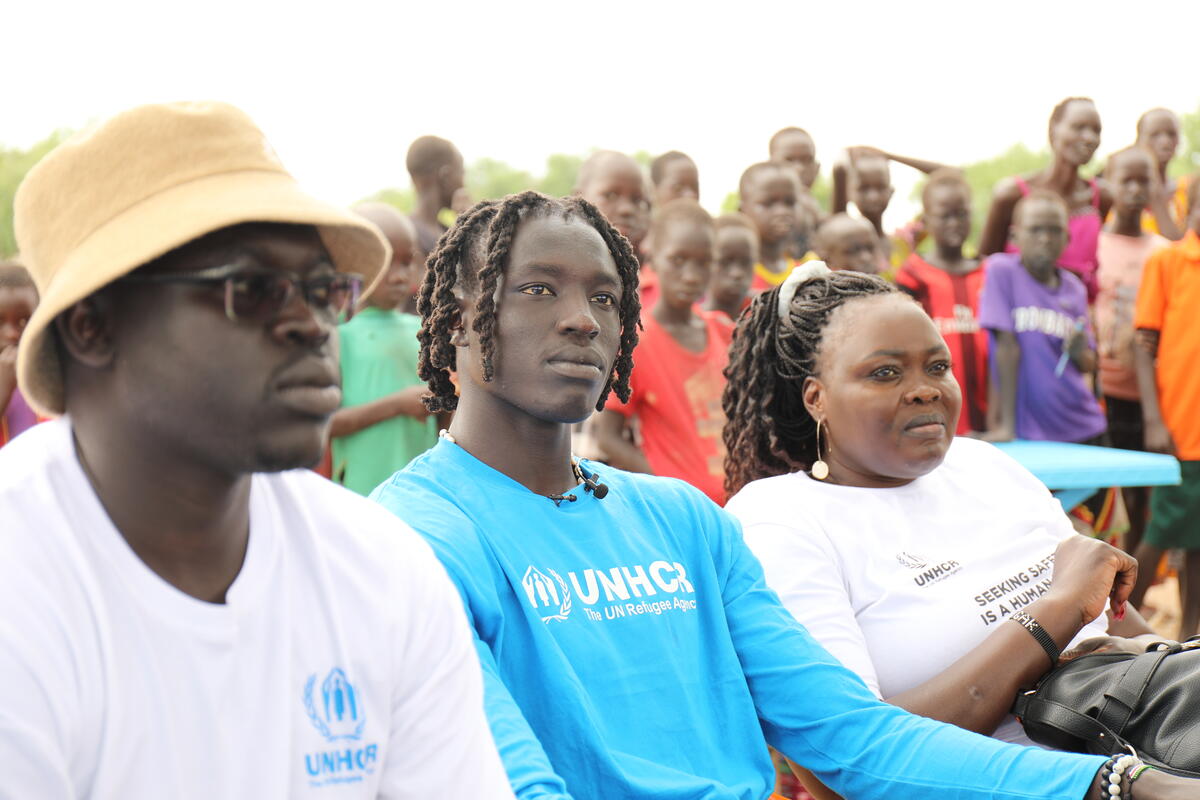New camp for IDPs in western Côte d'Ivoire
New camp for IDPs in western Côte d'Ivoire
UNHCR began work yesterday on clearing ground for a new camp for displaced people in western Côte d'Ivoire, where we have so far registered 38,600 uprooted individuals. Humanitarian conditions have deteriorated with the shortage of shelter and our hope is that the new camp will ease pressure, in particular for the most vulnerable.
The new camp is located near Duékoué town and will accommodate up to 6,000 people, relieving crowding at a nearby Catholic mission which has been a main site for the displaced. Heavy rains last week destroyed a number of makeshift shelters in the mission compound and we have provided tents to some of the affected families.
Many of the displaced have been surviving on the generosity of local families and charities, especially in Duékoué. In Danané, Binhouye and Zouan-Hounien districts over 8,600 IDPs are staying with local families - some of whom are sheltering up to 25 people each and struggling to make ends meet. We are looking for additional sites to accommodate more IDPs.
Most of the displaced in western Côte d'Ivoire fled their homes in mid-December and early January as a result of ethnic tension and violence following the presidential elections of last November. In Duékoué, people told our teams that they could not return to their homes as these had been burned down and possessions looted. Some IDPs in the west have reported physical and sexual violence, as well as arbitrary detention by armed groups acting with impunity. Fear of retaliation combined with the absence or paralysis of judicial institutions has prevented many people from reporting such abuses. UNHCR remains concerned that the political deadlock is causing widespread fear and, if not resolved, could result in displacement on a massive scale.
Civilians remain traumatized by the recent troubles, which many see as reminiscent of the civil conflict of 2002. As a result, many families have left their homes in anticipation of possible attack. They tell us that they fear becoming trapped in case of renewed war and will only consider returning to their homes once the political deadlock is resolved and their security assured.
Meanwhile, continued tension is driving some families to move closer to the border with Liberia while others are crossing the border to seek asylum. So far UNHCR has registered 36,318 arrivals in Liberia.









